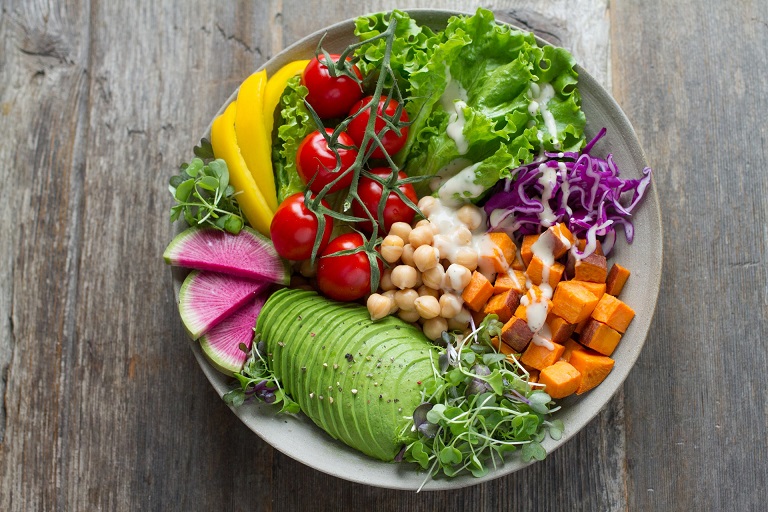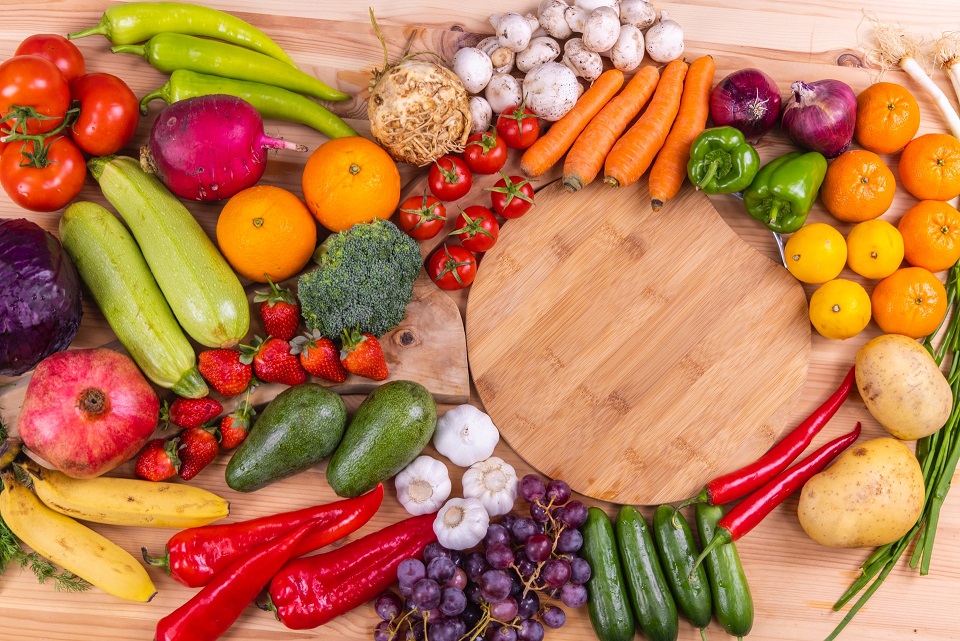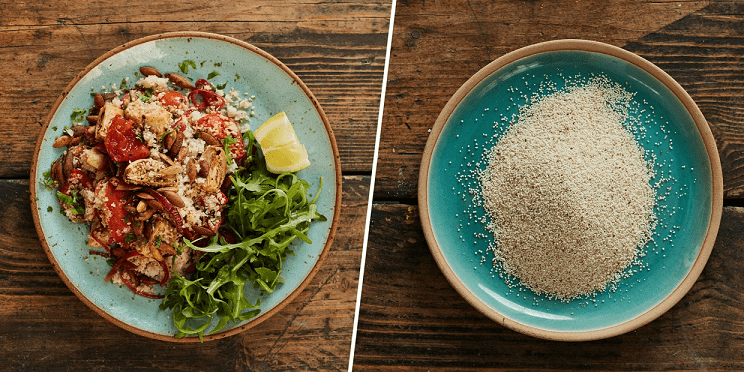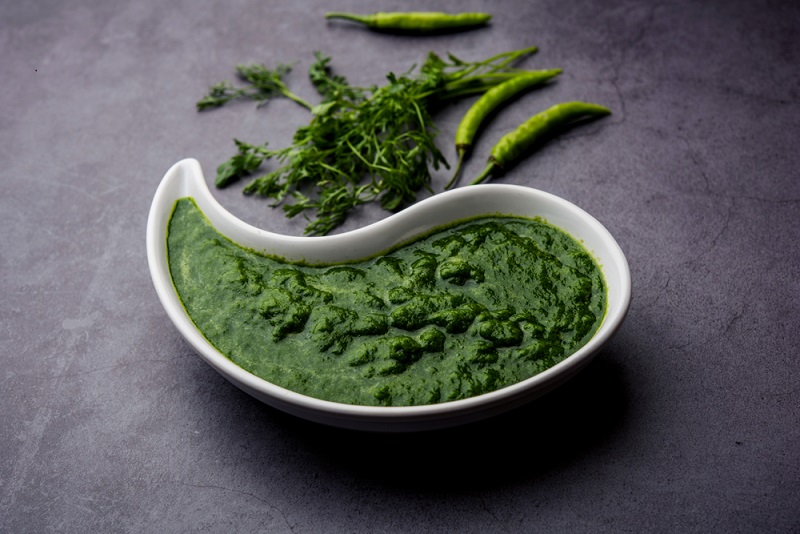What is Gluten?
Gluten is a general name for proteins in cereal grains such as wheat and barley. Gluten is not just found in bread, but in other foods too, like breakfast cereals processed foods and salad dressings. Gluten is the substance that gives bread its springy texture and makes it chewy. It is not broken down easily and can get stuck in your gut.
What is a gluten-free diet?
A gluten free diet is one which is free of the protein gluten. Gluten is present in several foods, but these are particularly wheat, rye, and barley. Gluten is a protein that can cause allergies and some people are unable to digest it.
How do I start a gluten-free diet
Start slowly by taking out all wheat, rye, and barley – the main sources of gluten. The goal is to reduce the level of gluten in the diet. Many foods are contaminated with small amounts of gluten. Looking at the label is not enough. Remember, gluten is found in foods that we do not think of as containing gluten. Gluten is found in spices, some flavourings, vitamin supplements, and medications without us realizing it.
Benefits of going gluten-free
There are many people who are intolerant to gluten. Gluten is a protein found in wheat, rye and barley. This protein can cause problems for people who are either gluten intolerant or suffering from coeliac disease. A gluten free diet is a diet free from foods containing gluten. A gluten free diet can offer many health and medical benefits.
The medical benefits of going on a gluten free diet have been proven to have the following benefits:
- It improves health for people with gluten intolerance
- Provides relief from chronic abdominal pain and digestive problems.
- Benefits of a gluten free diet include higher energy level, more restful sleep, a clearer mind, and an improved sense of well-being.
- Typically, the most important benefit is to relieve chronic pain and improve digestion.
If you are considering a gluten free diet, always consult with your doctor or health care provider first.




